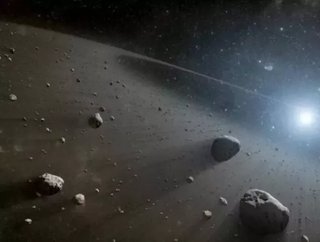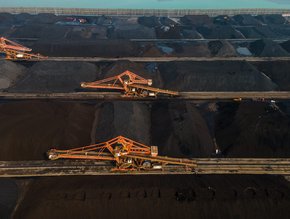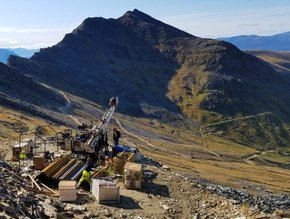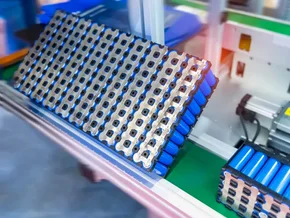Space race: Luxembourg aims to be leader in asteroid mining

Space mining is no longer science fiction.
The government of Luxembourg, a small European country bordered by Belgium, France and Germany, announced earlier this week it will financially back commercial asteroid mining in an effort "to position Luxembourg as a European hub in the exploration and use of space resources."
“Things are moving in the United States and it was high time there was an initiative in Europe, and I am glad the first initiative is coming from Luxembourg,” said newly appoint advisor for the project, Jean-Jacques Dordain. “It will give no excuse for European investors to go to California.”
Luxembourg has a long-standing reputation in the space industry and has played a major role in the development of satellite communications, including setting up one of the world’s largest satellite services company, SES.
• Related: [INFOGRAPHIC] Asteroid mining: the making of a trillion-dollar industry
The space mining industry is already attracting $2 billion a year in private investment, according to Deep Space Industries (DSI), a California-based asteroid mining firm that has praised the Luxembourg government for embracing the future. Left over from the formation of the solar system 4.5 billion years ago, asteroids are estimated to contain base metals like iron ore, nickel and cobalt, as well as amounts of precious metals.
It’s believed the government is willing to fund as much as 45 percent of research and development projects in the area.
Etienne Schneider, the country’s vice-Prime Minister and Minister for the Economy said Luxembourg’s aim was “to open access to a wealth of previously unexplored mineral resources on lifeless rocks hurling through space, without damaging natural habitats.”
While extracting natural resources of asteroids and other space objects has long been a dream for investors and others, there are a few critical issues. For one, there is no collected proof-of-concept asteroid sample. There are also legal issues because asteroids are governed by the Outer Space Treaty, which states space and space objects don’t belong to any individual nation.
• Related: [INFOGRAPHIC] Moon mining: How it could work
"Anybody who wants to go to an asteroid now and extract a resource is facing a large legal open question," said Joanne Gabrynowicz, a director at the International Institute of Space Law.
A legal and regulatory framework on the future ownership of minerals extracted from objects in space is currently being developed by the Luxembourg Ministry of the Economy.
While the jury is still out about asteroid mining, the possibility could become a reality sooner than we think (hope).
Stay connected! Follow us on Twitter and like us on Facebook






